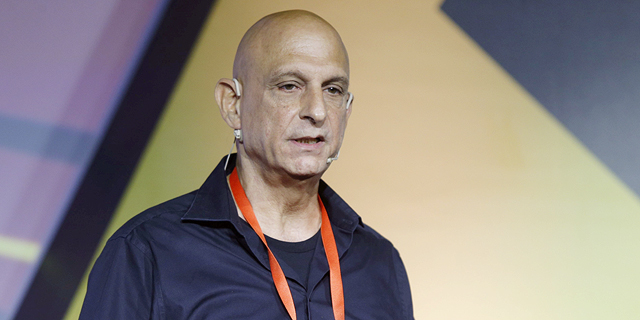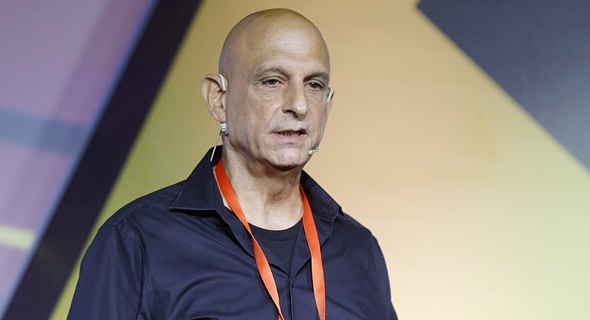
INSPIRE
Israeli Tech Moved from Components to Products, Says Israeli Government Innovation Chief
Content is the next frontier for Israel’s tech industry, Aharon Aharon says
Lilach Baumer | 10:40, 30.10.17
Israel’s technology industry has moved from developing components to developing full products and now it aims to move onward to content, said this morning Aharon Aharon, CEO of the Israel Innovation Authority, Israel's government innovation investment arm.

No Comments Add Comment